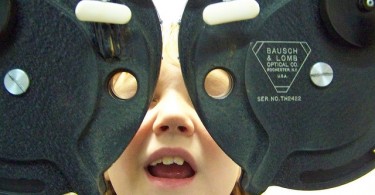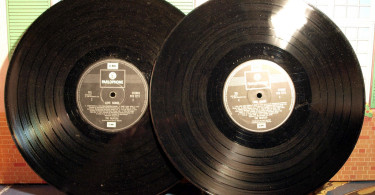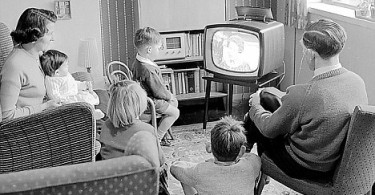It was a balmy fall day last year, when I walked through the surprisingly creaky door of a well-respected ophthalmologist, who shall remain nameless. Let us call him, Dr. G. Why was I there? I needed...
Joel Bernstein
REMEMBER WHEN…there were love songs?
Nobody writes the old style love songs anymore. That line itself could be the beginning of a love song, which nobody writes anymore. Where are the Gershwins, the Yip Harburgs, the Jerome...
Then and Now: TV Time
Not so long ago . . . to watch Lucy, or Gleason, or Milton Berle, or All in the Family, or any of those shows, you had to be there, facing the TV, when they were on the air. There was no such animal...



